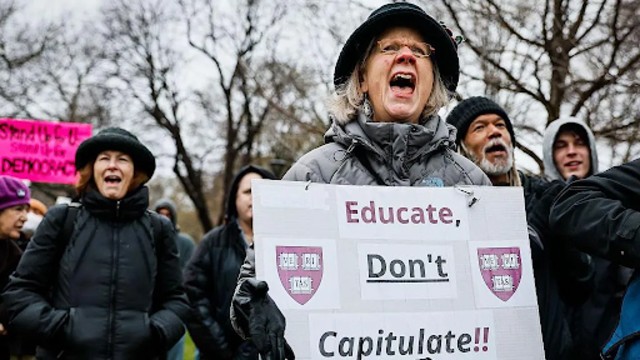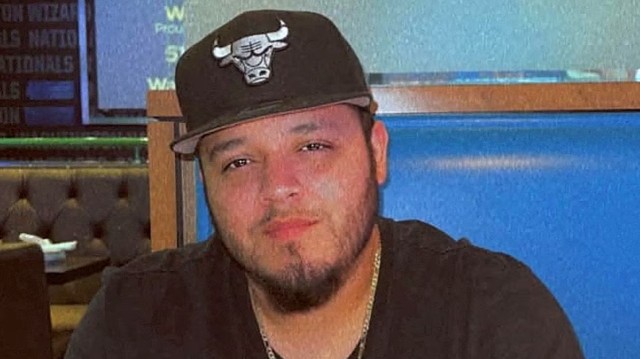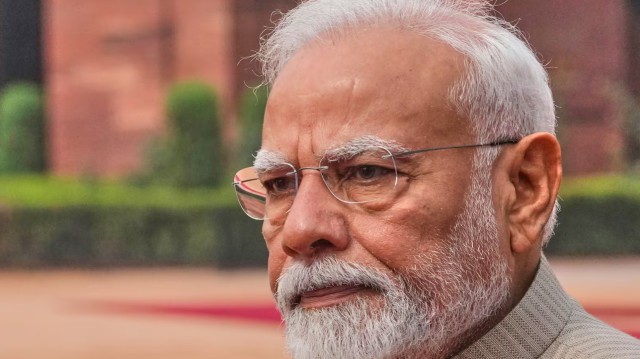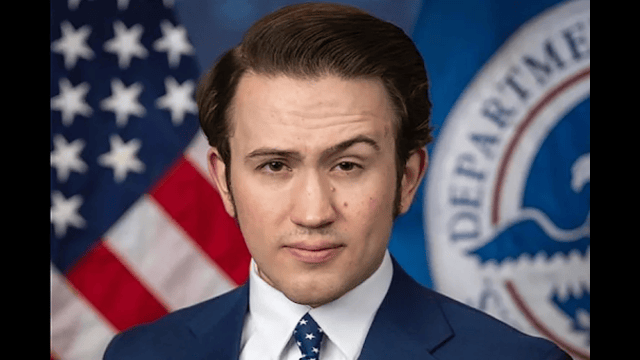
Protesters urged the university to refuse the White House's demands. Getty Images
The Trump administration has decided to freeze more than $2 billion in federal funding for Harvard University after the prestigious college rejected a list of demands from the White House. This is a direct response to Harvard's decision to push back against pressure for changes.
The Department of Education expressed disappointment in Harvard’s decision, stating that the university’s refusal reflected an entitlement mindset common among top colleges. This came just hours after Harvard turned down a series of requests from the White House aimed at combating antisemitism on its campus. The White House had proposed changes to Harvard's governance, hiring processes, and admissions policies.
Harvard's rejection marks the first time a major U.S. university has defied the Trump administration's push to alter its policies. The demands, if accepted, would have given the federal government a significant amount of control over the university’s operations. President Trump has long accused U.S. universities of failing to protect Jewish students, especially after protests against the war in Gaza and U.S. support for Israel sparked tensions on campuses nationwide.
In a letter to the Harvard community, President Alan Garber explained that the university had received an updated list of demands and a warning from the White House that its financial relationship with the federal government was at risk unless it complied. Garber stressed that Harvard would not surrender its independence or rights protected by the Constitution.
While Harvard acknowledged the importance of addressing antisemitism, Garber argued that most of the proposed changes would give the government excessive influence over the university’s intellectual life. He added that the university was committed to fighting antisemitism but would not accept overreach from the government.
Shortly after Harvard’s letter was released, the Department of Education announced the immediate freezing of $2.2 billion in federal grants and $60 million in contracts. The department accused elite universities like Harvard of failing to address recent campus disruptions and antisemitism, claiming these issues had been neglected.
In response, the White House sent a letter detailing ten specific demands that Harvard needed to meet to maintain its federal funding. These included reporting students who express views hostile to American values, ensuring that each academic department is politically diverse, and hiring an external auditor to oversee departments accused of fostering antisemitic harassment. Additionally, the White House demanded that Harvard take action against those involved in protests on campus over the past two years and end its diversity and inclusion programs.
This move comes after President Trump’s earlier actions, including freezing $400 million in funding for Columbia University, which had also been accused of not doing enough to protect Jewish students. Columbia, unlike Harvard, agreed to several of the administration's demands.
Trump's administration has been putting increasing pressure on universities to address issues related to antisemitism while also ending diversity programs. Harvard professors have filed a lawsuit, arguing that the government’s actions are unlawful and infringe on academic freedom and free speech.
In another development, some pro-Palestinian activists at Columbia University have been arrested by immigration officials, further raising tensions around the broader debate.















